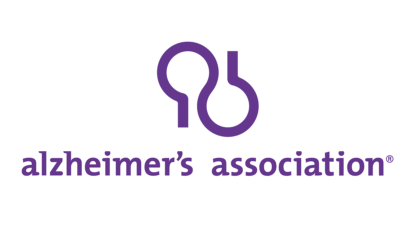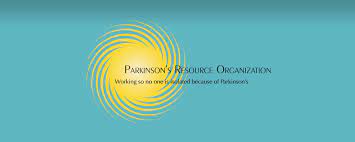Who Have You Named As Your Agent?
In our fast-paced culture, it isn’t easy to talk about medical conditions that present
moral dilemmas. But with a little planning we can ensure peace of mind in advance. I’m
talking about an Advance Medical Directive, sometimes referred to as Power of Attorney
for Healthcare Decisions. Whatever you call it, this document gives you the opportunity
to name your spouse, a trusted family member or friend as your Agent for making
healthcare decisions if you’re unable to speak for yourself. It’s equally important to
name an Alternate Agent.
An attorney can create this document in very specific ways according to your wishes,
or you can download a more general form from the internet. Some medical practices
and hospitals offer their own forms (like Kaiser), and I’m all for keeping things simple.
Think how easy it would be for a Kaiser doctor to read a familiar Kaiser document (less
time spent on paperwork means more time spent on treatment or alternative plans of
care).
Here are 7 questions to ask yourself before naming your Agent:
Is the person you’re considering
1) substantially younger than you are?
2) in a good state of health?
3) easily reached by phone and/or geographically close (not prone to disappearing
for extended periods of travel)?
4) able to follow through with your instructions even if he or she does not agree with
the treatment – or lack of treatment – that reflects your express wishes?
5) comfortable asking questions to doctors or other medical personnel?
6) willing to reach out to hospice without fear or preconceived ideas about what that
means?
7) able to keep emotions aside in order to follow through with your requests?
I’d also like to suggest that you keep a card in your wallet which clearly states that
you have an Advance Directive (and where it can be found and who your emergency
contact person is). You can keep your original Advance Directive with other legal
documents, but it’s not always a good idea to keep it in a safe deposit box – emergencies
often happen after banking hours! If you’ve recently been in the emergency room or
experienced a hospital stay, chances are the hospital already has your document on file.
Is it time to provide them with an updated one? Your named Agent should also keep a
copy.
Whether you’re 18 or well over 80, everyone should have this document because
there are no guarantees that tomorrow will find you in the same state of health you may
be enjoying today. Ponder the questions, and start the conversation – now.
Charna Posin, CSA, Senior Advocate
Senior Concerns @The Goebel Adult Center
1385 E. Janss Road
Thousand Oaks, CA 91362
(805) 495-6250
charna@seniorconcerns.org





